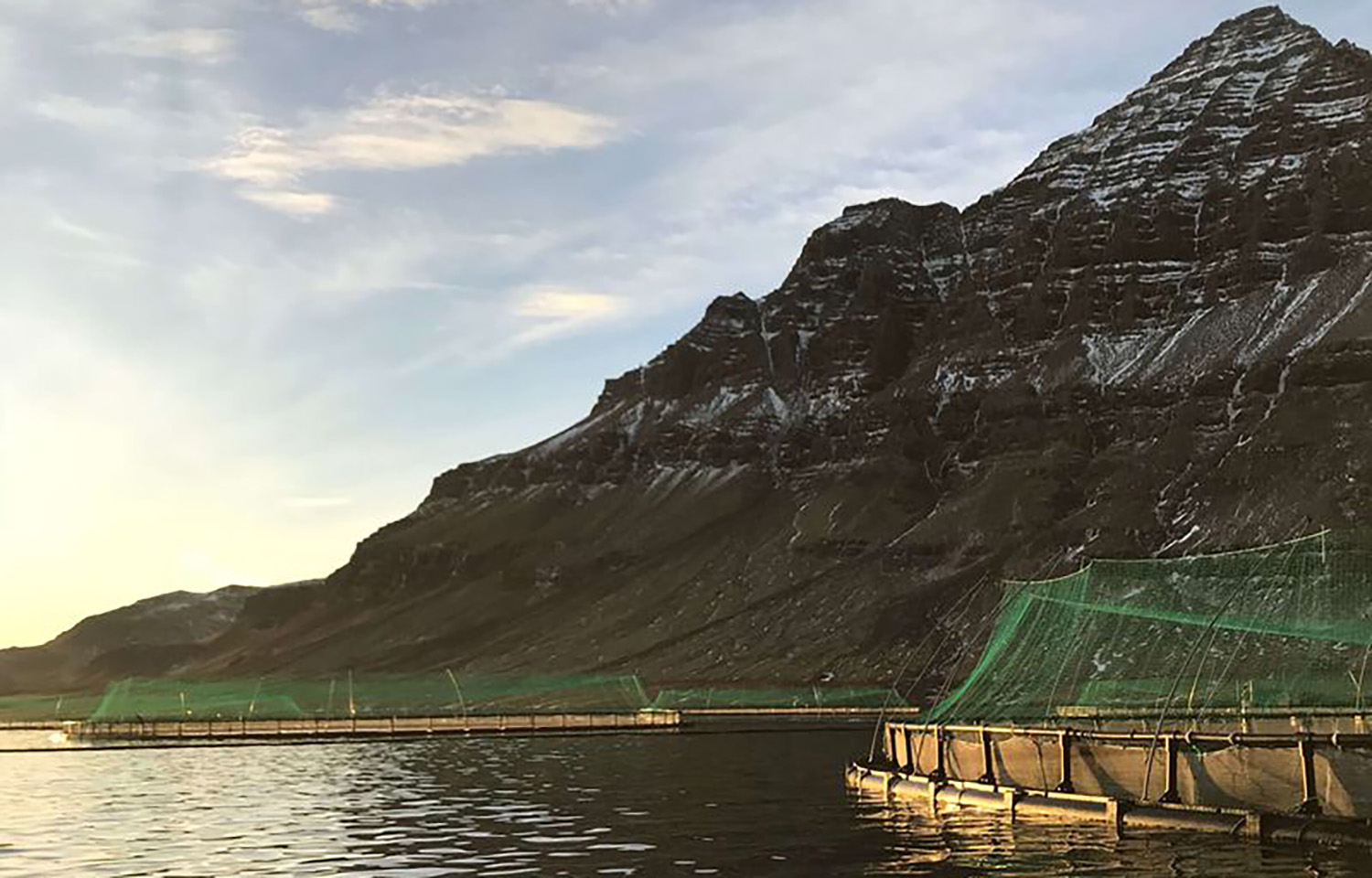Iceland-headquartered salmon-farming firm Ice Fish Farm has confirmed a proposed rebrand, changing its company name to Kaldvik.
In a subsequent filing with Euronext Growth (Oslo) on 25 June, Kaldvik advised that the name change has now been registered with the Norwegian Register of Business Enterprises following its annual general meeting, held this year on 21 June.
“The change is expected to be implemented on Euronext Growth Oslo and Nasdaq First North Growth Market Iceland shortly,” the company said.
The company's ticker has changed from “IFISH” to “KLDVK,” and it is already trading its shares under the "KLDVK" ticker on Nasdaq First North Iceland, following approval of its dual listing on 28 May.
In a separate move, during the company’s Capital Markets Day – which also took place 28 May – Kaldvik confirmed that it has initiated the process of certifying its salmon to the Aquaculture Stewardship Council (ASC) standard; implementation is slated for the second half of this year.
It has carried the Whole Foods Market standard on all of its salmon since 2018 and has a contract in place with the Austin, Texas, U.S.A.-based retail operator of over 500 stores nationwide. This deal has brought “premium pricing” on fish between 2.5 and 6 kilograms, according to the company.
Kaldvik is also the only salmon farmer globally to be awarded the AquaGAP certification, which ensures a company’s adherence to best practices in aquaculture, as well as the sustainability and environmental integrity of its operations. To earn the certification, a company has to prove that each company in its supply chain has been audited and certified by a certification body.
This process was made easier for Kaldvik because its supply chain is vertically integrated – covering each stage from hatchery to sales.
In Q1 2024, Kaldvik experienced a nearly 900 percent increase in year-over-year revenue, jumping from NOK 37 million (USD 3.5 million, EUR 3.2 million) in the same period a year ago to NOK 358 million (USD 33.6 million, EUR 31.3 million). This was mainly due to the fact the company did not have a harvest in Q1 2023, but recorded a harvest of nearly 4,000 metric tons in the first quarter of this year.








